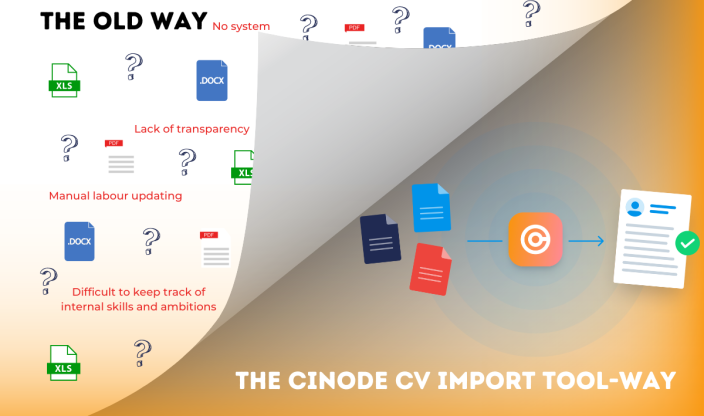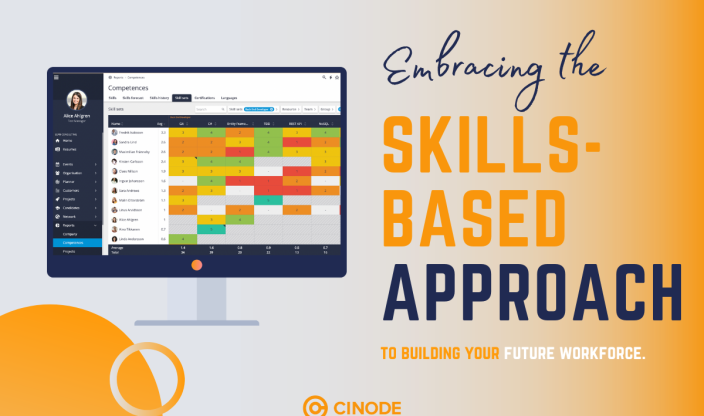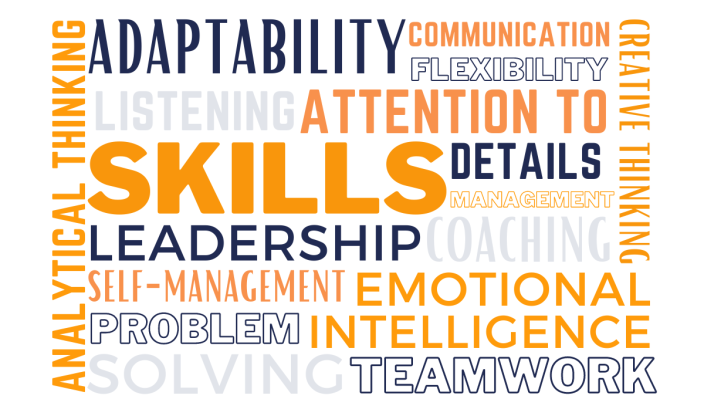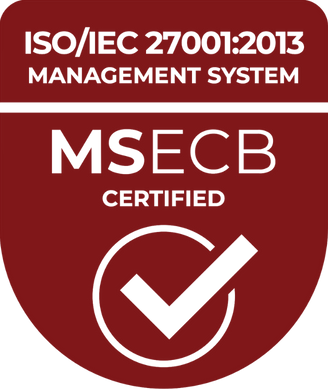Talent Acquisition for competitive companies

In the late spring of 2021, the consulting industry began to recover, and after a long stall, companies started to recruit again. We now see a record-breaking increase in the demand for employees with Talent Acquisition competencies, both in Sweden and globally.
Although the demand is at an all-time high, supply remains the same. This means that companies are fighting each other to bag the talents that are out there.
Many companies, however, lose the fight by making basic mistakes during their recruitment process, resulting in inefficient and time-consuming processes that end up with the talent saying “thank you but no thank you”. So, what are some of the mistakes that you need to avoid?
Talent Acquisition is more complicated than ever
The shortage of skilled labor has been widely discussed in various forums and reports since the late 90s. in 1997 it was a topic of discussion in the report “The War For Talent 1997“, and now we can see the same conclusions being drawn in the Tech companies’ latest reports. What has remained the same is the significant discrepancy between the supply and demand of skilled labor. Unfortunately, it will only worsen in Technology heavy industries as a result of digitalization.
The industry has for a long time tried to decelerate and hinder the development of the skills gap, however, solutions have shown to be insufficient. Simple solutions to complex problems have temporarily enabled recruitment on corporate terms. However, if you want candidates to perceive you as an attractive employer, you need to ditch the simple solutions.
It is the candidate’s market.
Long and inefficient processes. Unstructured Interviews that lack purpose and an obvious end-goal. Inadequate or no feedback. Lack of relationship building, and sometimes an “exciting question” about how many golf balls can get into a Boeing 747. Contacting the person for whom the candidate will work is one of the last steps in the process. The unstructured interviews are often formulated ad hoc, and documentation is sparse. As a result, decisions are made based on your short-term memory and your gut feeling.
This is a prime example of non-functional recruitment processes. Both parties (the company and the candidate) need the right prerequisites to make smart, well-thought-out decisions on whether it is favorable to work together.
Relationships matter
When McKinsey examined what people expect from work, a central misconception was identified. Bumping up salaries or financial perks did not make employees feel a sense of appreciation, instead, employees felt like they were a transaction.
Many companies might think that grand salaries and benefits is the key to competitiveness and attractiveness, however, relational values proved to be significantly more important amongst employees.
Armed with that insight, many companies today are doing the right thing by investing in recruiting and building internal TA functions. Give them the mandate and budget. Build and develop processes with efficiency and scalability in mind. Also, take significant consideration to how candidates might experience the recruitment process. Remember, it is about focusing on building relationships during the process and working with clear assessment criteria for what is vital for the role.
When Talent Acquisition works well, you gain an overview, control and can work in a structured way with the issue. But to get there, you need to invest in TA as a function. This is an inevitable trend and those who ignore it are likely to lose competitiveness to their competitors.
Talk to our experts!

Guest Blogger - Per Tjernberg, Chief Innovation Officer (CINO) at RecPro
Guest Blogger - Per Tjernberg, Chief Innovation Officer (CINO) at RecPro
You may also like...
All posts
Jun 28 2023 · Entrepreneurship, Skills Management
Bridging the gap between Swedish companies and Polish IT talent

Apr 28 2023 · Cinode News, Skills Management
Easily create customized CVs with Cinode’s CV import tool

Apr 20 2023 · Consulting, Sales, Skills Management
How do you work more skills-based within your company?

Apr 04 2023 · Cinode News, Skills Management
5 Easter eggs for eggstra effective Skills Management

Mar 23 2023 · Consulting, Sales, Skills Management
“If you sell competence, you always need to be on top of how you develop your skill set”

Feb 22 2023 · Skills Management
How can Skills Management help your company?

Feb 16 2023 · Skills, Skills Management
How to identify and recruit transferable skills

Feb 07 2023 · Skills Management
Flying start 2023 – how to succeed with your skills growth plan

Dec 21 2022 · Skills Management
Latest in Skills Management from the past year

Dec 08 2022 · Cinode News, Skills Management
This is how utilization works in Cinode (Video)

Dec 01 2022 · Cinode News, Skills Management
Add the right person to the right role with the right data (Video)

Nov 29 2022 · Skills, Skills Management
